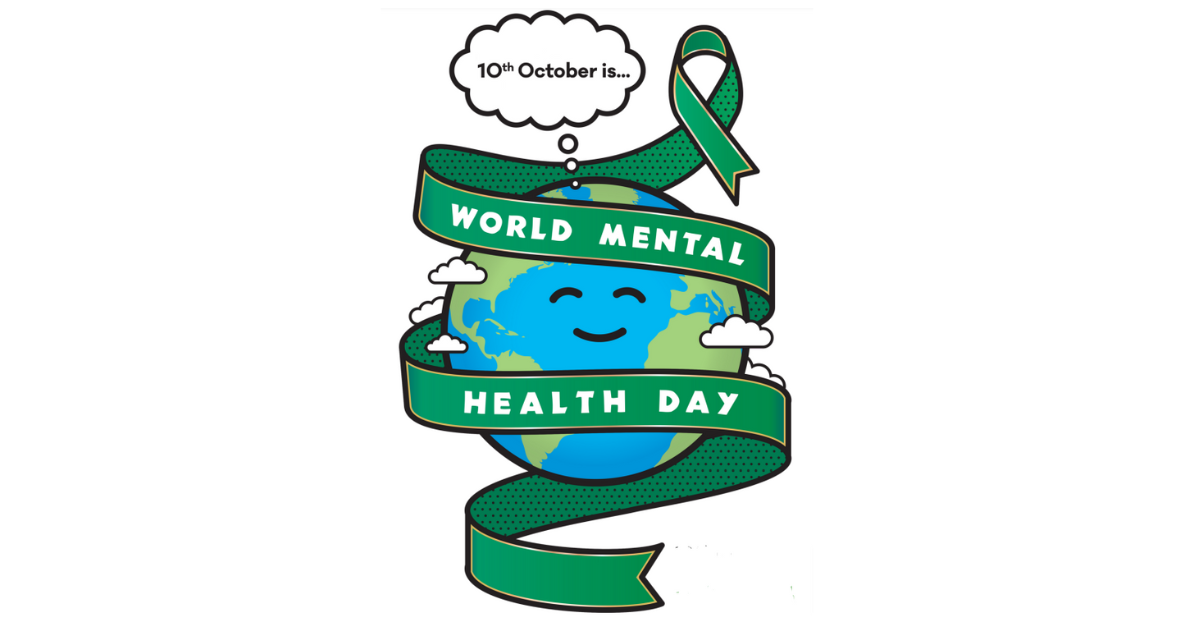News, Blogs
& Events

Embracing Mental Health as a Universal Human Right

In a world that constantly changes and challenges us, it is crucial to acknowledge that mental health is not a privilege but a fundamental right that belongs to every individual, regardless of their background, identity, or circumstances. Our world is beautifully diverse, with people from all walks of life, and mental health transcends boundaries.
In this blog post, we will explore why mental health is a universal human right and how we can work together to uphold this right.
Why Mental Health is a Universal Human Right
Diversity is Our Strength
The world is a tapestry of different races, religions, genders, and socioeconomic statuses. Our diversity is a source of strength and richness. Mental health should be accessible to all, irrespective of these differences. It does not discriminate, and neither should we.
The Right to Flourish
Just as we have the right to physical wellbeing, we have an equal right to emotional and psychological wellbeing. Mental health is not merely the absence of illness but the presence of a positive state of mind that allows us to thrive. It is the foundation upon which we build our lives, dreams, and aspirations.
Breaking Stigmas
Stigmatising mental health issues can prevent individuals from seeking help. Recognising mental health as a universal right helps break these stigmas, creating a more inclusive and compassionate society. When we acknowledge the universality of this right, we pave the way for open conversations and understanding.
Empowering Communities
Mental health is a collective concern. It doesn't affect individuals in isolation but has a ripple effect on families, communities, and societies. When we prioritise mental health as a universal right, we empower communities to support one another. We create networks of care and support that can make a significant difference.
How Can We Uphold this Right
Education and Awareness
One of the most effective ways to uphold mental health as a universal right is through education and awareness. We need to raise awareness about mental health through open conversations and education. Knowledge is power, and understanding mental health is the first step toward destigmatisation. By providing information and resources, we can empower people to take control of their mental well-being.
Access to Care
Advocating for accessible and affordable mental health care services for all is paramount. No one should be denied the support they need due to financial or logistical barriers. Governments, organisations, and communities should work together to ensure that mental health care is readily available to all, irrespective of their financial situation.
Promote Self-Care
Encouraging self-care practices and emotional wellbeing from an early age is essential. Just as we teach the value of physical health, we must educate people about the importance of mental health maintenance. Simple practices like mindfulness, meditation, and stress management can go a long way in promoting emotional wellbeing.
Be Supportive
Finally, we can uphold this right by being compassionate and understanding friends, family members, and colleagues. Listen without judgment, offer your support, and be a source of strength for those who need it. Your empathy and willingness to lend a helping hand can make a world of difference in someone's mental health journey.
Together, we can create a world where mental health is celebrated as a universal human right. In such a world, individuals feel safe and empowered to seek help when needed, and kindness, compassion, and understanding are the cornerstones of our society.
Let us remember that mental health knows no boundaries, and it is up to us to ensure that every person on this planet has the opportunity to enjoy this fundamental human right. By embracing mental health as a universal human right, we move one step closer to a more inclusive and empathetic world.